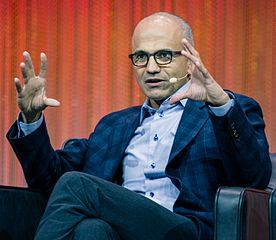FOSS Week in Review
NSA spying not as effective as claimed
Claims from the Obama White House and the NSA about the effectiveness of the NSA’s dirty tricks evidently aren’t true, according to a report from the New America Foundation. Since the Snowden revelations began, we’ve heard that something like 50 terrorist attacks have been averted as a result of the NSA monitoring Americans’ phone records and such.
**
If you value this kind of coverage, please consider supporting our work through our FOSS Force Independence 2026 fundraiser.
**
However, Mashable tells us that according to this report, the effects of the NSA’s cyber spying has been minimal.
“‘Our review of the government’s claims about the role that NSA “bulk” surveillance of phone and email communications records has had in keeping the United States safe from terrorism shows that these claims are overblown and even misleading,’ said the research team, led by Peter Bergen, a reporter specialized in national security who also interviewed Osama Bin Laden in 1997.
“‘Traditional investigative methods, such as the use of informants, tips from local communities, and targeted intelligence operations, provided the initial impetus for investigations in the majority of cases, while the contribution of NSA’s bulk surveillance programs to these cases was minimal,’ they added.
The report goes on to claim that the spy agencies wholesale collection of phone data only had an impact in 1.8% of cases. The figures for PRISM’s impact is 4.4%.









